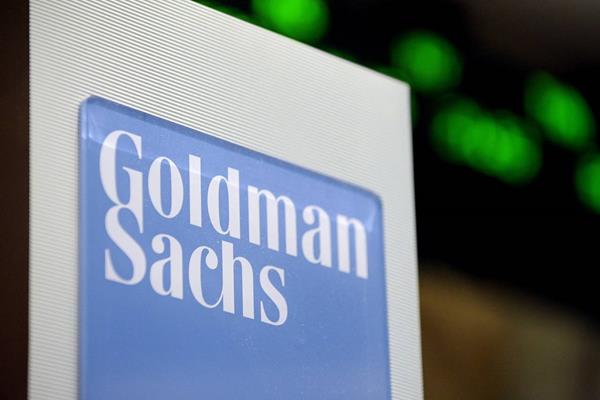Markets |
Deals |
Deals & Deal Makers
DuPont-Trian Vote Is Big Win for Goldman
Bankers
advised chemical company on activism defense
|

Goldman is credited by many on Wall Street with being the first
bank to establish activism defense as a major client offering.
Photo: EUROPEAN PRESSPHOTO/AGENCY |
By
David Benoit
May 13, 2015 6:08 p.m. ET
DuPont
Co.’s
victory Wednesday in its proxy
fight with Trian Fund Management LP was also a big win for the
chemical company’s advisers including
Goldman Sachs Group Inc.
Capping one of the most
noteworthy and heated battles between an activist investor and a
company in recent years, DuPont shareholders re-elected all of its
sitting directors, rejecting a bid to add Trian’s
Nelson Peltz and others to the
board.
Goldman, credited by many
on Wall Street with being the first bank to establish activism defense
as a major client offering, was a key player in helping DuPont devise
a strategy to fend off Trian—an effort whose success was far from
guaranteed before the ballots were counted at the company’s annual
meeting Wednesday in Wilmington, Del.
DuPont took an approach
that a number of activism targets have eschewed lately: It refused to
settle with Trian. That may give other companies in a similar
situation more confidence to follow suit, bankers and lawyers said
following the vote.
To be sure, DuPont had a
stronger hand to play than others might, as its stock has performed
well and Chief Executive
Ellen Kullman is well respected
by shareholders.
DuPont was advised by
Goldman’s lead activism-defense adviser, William Anderson, as well as
by members of its chemicals investment-banking team. Boutique
investment bank
Evercore Partners Inc. also
advised DuPont. The company received legal advice from Skadden, Arps,
Slate, Meagher and Flom LLP. Its proxy solicitor, tasked with making
the company’s case to its shareholders, was Innisfree M&A Inc.
Trian worked with lawyers
from Paul, Weiss, Rifkind, Wharton & Garrison LLP and proxy solicitor
MacKenzie Partners Inc.
DuPont overcame
recommendations from proxy-advisory firms Institutional Shareholder
Services Inc. and Glass Lewis & Co., which sided with Trian. Large
index funds decided to buck those recommendations, underscoring the
potential limits of the advisory firms’ influence in campaigns
involving the biggest companies.
“ISS has always been in
the business of making voting recommendations, with our clients as
institutional investors making the final vote decision,” a spokesman
for the advisory firm said. “We stand by our analysis while respecting
the decision of DuPont shareholders.”
For Goldman, the win is among its most
high-profile in recent years and will likely blunt criticism the bank
has received over losses its clients were dealt last year at
Darden Restaurants Inc.
and Sotheby’s, where activists won every
seat they sought.
Another firm that is known
for defending American corporations against the onslaught of
shareholder activism in recent years is Wachtell, Lipton, Rosen &
Katz. The law firm’s Martin Lipton in recent remarks appeared to
question DuPont’s decision to stage such a spirited defense. Mr.
Lipton, who wasn’t involved, said in a memo that companies should
consider settling such battles.
He said later he didn’t
mean DuPont should settle.
Write to
David Benoit at
david.benoit@wsj.com
|